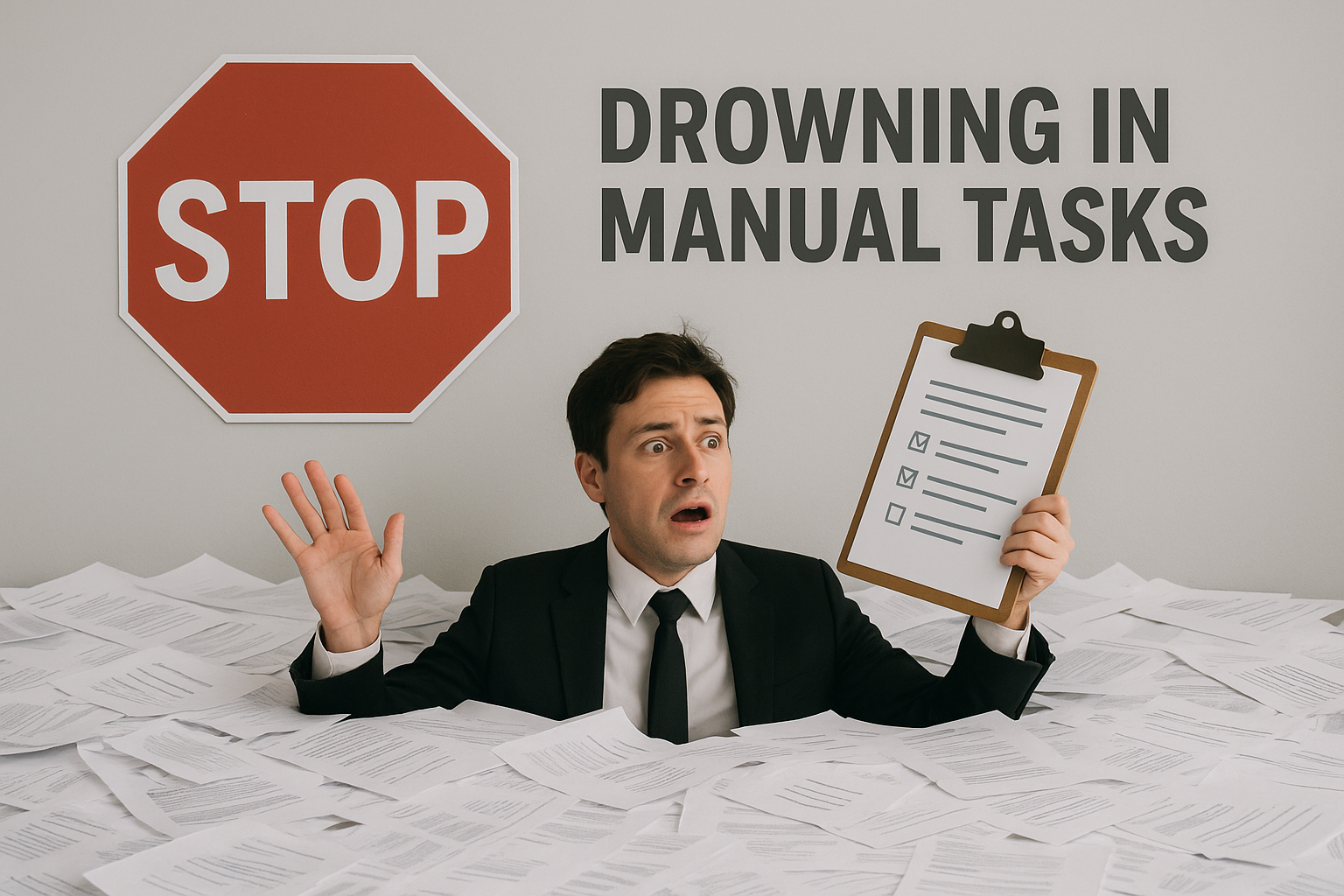Working from Home Changes

From the 2022-23 income year, taxpayers can no longer rely on the 80c per hour shortcut method with the introduction of the revised fixed-rate method for calculating the work-related additional running expenses incurred as a result of working from home (WFH). Taxpayers are still able to use the actual costs method to calculate the actual expenses incurred as a result of WFH as an alternative to the revised fixed-rate method.
To use the new revised fixed-rate method, taxpayers must:
- work from home while carrying out employment duties or carrying on a business on or after 1 July 2022 (minimal tasks such as occasionally checking emails or taking phone calls while at home will not qualify as working from home);
- incur additional running expenses which are deductible under s 8-1 of the ITAA 1997 as a result of working from home that are not reimbursed by a third party (ie employer); and
- keep and retain relevant records in respect of the time spent working from home and for the additional running expenses incurred.
The new revised fixed-rate method covers energy expenses including electricity and gas for lighting, heating, cooling, and use of electronic items while working. It also covers internet, mobile, home phone expenses, as well as stationery and computer consumables such as ink. While the new revised fixed-rate method of 67c per hour is lower than the previously available shortcut method, it does not include the work-related decline in value of any depreciating assets used during the income year or any other running expenses not specifically covered above.
However, 3 years into the pandemic, with many taxpayers having already purchased depreciating assets early in the piece to be able to perform their duties effectively from home, the lower revised fixed-rate method means many taxpayers will be losing around $100 in deductions going forward. For example, a taxpayer working 3 days per week from home at 8 hours per day over 49 weeks will only be able to get a deduction of $787 under the new rate compared to $940 they would previously be able to claim under the shortcut method.
In addition, if a taxpayer chooses to use the new revised-fixed-rate method, no additional separate deductions can be claimed for any of the expenses covered. This includes instances where taxpayers use their personal mobile phones for both working from home and working elsewhere (ie in the office). The total deduction for the year would consist of the amount covered by the amount of 67c per hour.
Taxpayers that chose to use this new method need to ensure that relevant records are kept. For the 2022-23 income year only, taxpayers will need to keep a record which is representative of the total number of hours worked from home during the period from 1 July 2022 to 28 February 2023, and a record of the total number of actual hours worked from home for the period 1 March 2023 to 30 June 2023.
For 2023-24 and later income years, taxpayers must keep a record for the entire income year of the number of hours worked from home during that income year. An estimate for the entire income year or an estimate based on the number of hours worked from home during a particular period and applied to the rest of the income year will not be accepted. A record of hours worked for the entire income year can include timesheets, rosters, logs, time tracking apps, and diaries that are kept contemporaneously.
To be able to claim expenses for 2022-23 and later income years, one document for each of the additional running expenses incurred must be kept. For energy, mobile, phone and internet, one monthly or quarterly bill in the relevant name must be kept. If the bill is not in the relevant name, additional evidence such as credit card statements showing payment or lease agreements showing sharing of property and expenses must be present. For stationery and computer consumables, receipts must be kept for any purchases. Those claiming a deduction for any decline in value of depreciating assets must also keep documents which demonstrate the income-producing use of the assets.
Need help?
If you're not sure how this change will affect you, we have the expertise to help you navigate these new requirements. To make the most of your deductions this year at tax time, see us early to ensure you don't miss out on retaining the appropriate evidentiary documents.
Please note that many of the comments in this publication are general in nature and anyone intending to apply the information to practical circumstances should seek professional advice to independently verify their interpretation and the information’s applicability to their particular circumstances. Should you have any further questions, please email us at RGA Business and Tax Accountants at reception@rgaaccounting.com.au . All rights reserved. Brought to you by RGA Business and Tax Accountants. Liability Limited by a scheme approved under Professional Standards Legislation









